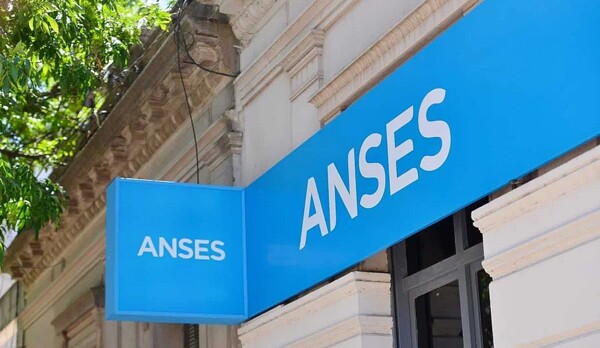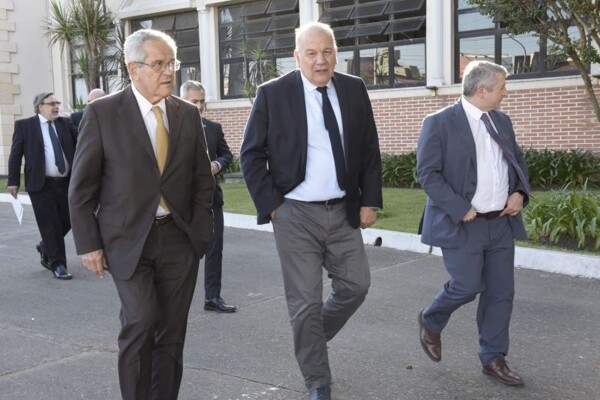The Foreign Ministry, under Mondino's management, considers Asia as a second-tier destination. However, the possibility of part of the G-20 moving to Buenos Aires if Trump is reelected could change that perception in favor of the Argentine leader.
Javier Milei, amidst his frantic political actions, has directed his criticisms even towards the deceased, such as in the case of Argentina's ambassador to the UN, Cayetana Blaquier. His stance is based on the alleged disagreement of Argentina with the United States and Israel in a vote against Cuba.
Milei's possible replacement of Blaquier would generate a change in the Argentine embassy in the United States, where Gerardo Werthein is considered too close to the Democrats. These moves respond to state interests and pressures from Trump allies in Ibero-America.
The newly appointed Argentine chancellor maintains ties with the El Observador newspaper group in Uruguay. A reconfiguration of the country's international relations is anticipated, with increased attention to the Asian continent for commercial reasons.
Milei's belligerent approach contrasts with the more traditional diplomacy practiced in the Argentine Foreign Ministry. The possibility of a change in posture regarding historical movements, such as in the case of Raúl Alfonsín, generates tensions in the local and external political sphere.
Concerning the upcoming G-20 meeting in Rio de Janeiro, there is consideration of geographically extending the meeting to Argentina. This scenario could attract foreign personalities interested in the country's economic and political management, as well as in the controversial figure of Milei.













